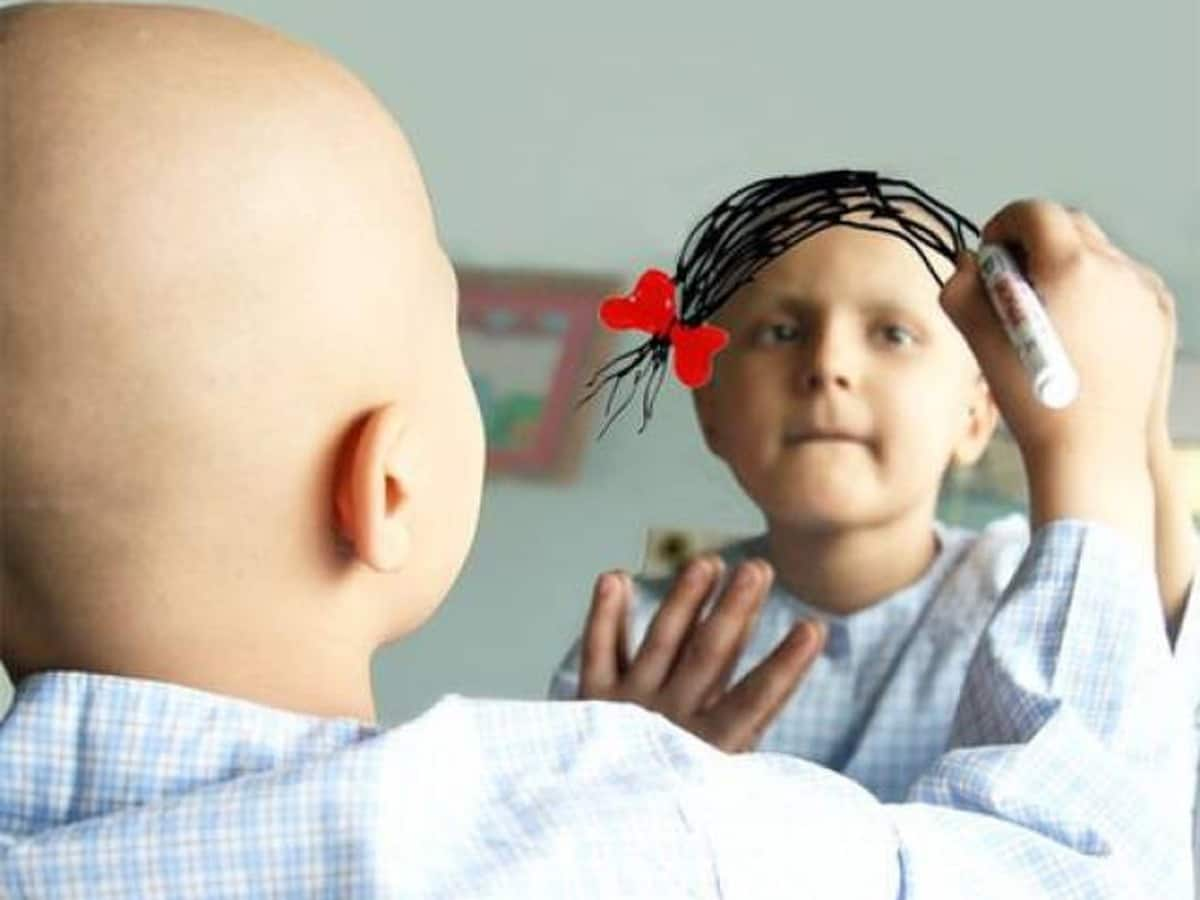
Mental illness is a serious medical condition with symptoms that can affect both children and adults. Anyone can become mentally ill regardless of race, age, gender, income level, social status, religion or level of spirituality.
Just as it is with cancer, diabetes and heart disease, mental illnesses can affect your physical, emotional and psychological health.
Experts explained that many people who have a mental illness do not want to talk about it. This may be due to shame or stigmatization but whichever the reason may be, the truth remains that mental illness is not a death sentence and there is nothing to be ashamed of.
Before discussing common signs and symptoms of mental illness, let’s first understand what mental illness means.

What is defined as a mental illness?
Mental illness otherwise known as mental health disorder is defined as a health condition that causes serious negative effects (disorder) in your behaviour, thinking or mood.
There is really no much difference between mental illness and mental disorder. Both, as a matter of fact, are used interchangeably. In-fact it can also be referred to as a psychiatric disorder.
Mental illness is common. Statistics showed that about 1 in every 5 adults has a mental illness in any given year.
Mental illness can begin at any age, from childhood through to later adult years, but in most cases, it begins earlier in life.
It was researched that Fifty percent (50%) of mental illness begins by age Fourteen (14) while about three-fourths (3/4) begins by age twenty-four (24).
There are about 300 mental illnesses that exist in the world today as enlisted in the Diagnostic and Statistical Manual of Mental Disorders (DSM-5). Some of the main groups of mental disorders include; mood disorders, anxiety disorders, personality disorders, psychotic disorders, eating disorders, trauma-related disorders, and substance abuse disorders among many.
Mental illnesses may be caused by a reaction of a number of factors such as stress, death of a loved one, injury, prenatal damage, substance or drug abuse, genetic factors, childhood trauma, exposure to toxins or chemicals, poor nutrition, biochemical imbalances, and infections.
What are the common symptoms of mental illness?
With mental illness, your emotions, thoughts, and behaviours are affected – causing you to act in certain unusual ways.
However, signs and symptoms of mental illness can vary, depending on the disorder, circumstances and other factors surrounding it.
The following sign and symptoms of mental illness can help you know when someone has a mental disorder.
Excessive fears or worries
Nervousness is among the symptoms check of mental illness. The condition can make one become excessively fearful and worried even when a situation is mild. With this disorder, it is common to have strong nervous feelings, guilt, and suspiciousness of others.
Quiet and withdrawn from people and activities
Staying quiet and withdrawn can be normal but may be a sign of mental illness when done continuously. Mental disorder can cause withdrawal from people once freely in association with. It can also lead to a sudden loss of interest in activities previously enjoyed. If you notice this sign in a friend or loved one, do not overlook. Instead, seek medical care immediately. This symptom is common in people with depression, bipolar, a psychotic disorder, or another mental health issue.
Short-tempered or quick to anger
Getting angry easily and quickly can be linked to mental health disorders. In some instances, hostile behaviour or violence may be a sign of mental illness. Victims of depression, anxiety, addictions, and other mental health problems can be short-tempered and can be destructive as well.
Sad or down feelings
Having a down feeling can be a sign of mental illness. It’s true that as a result of your daily involvements, engagements, and experiences, you may become weak or even sad sometimes. However, a persisting period of sadness could point to mental illness – such as anxiety and depression. So, seek medical help if the sad feeling comes more often.
Low thinking and weak concentration ability
Lack of full concentration in a setting of discussion may be a sign of mental illness. Many who have this condition usually have a poor ability to concentrate or contribute to conversations. Even when they do, it may become difficult to understand or explain their speeches. Thus, this in a way, can be challenging, especially for children and adults in a learning environment.
Inability to cope with stress
Everyone experiences stress everyday! Stress affects your entire body including your physical and mental health. As a result, it’s important you learn how to effectively manage and cope with stress. But if at some point you find it difficult to cope with stress, that can be a sign of mental illness – such as anxiety disorder. Medical experts advise you visit a doctor or specialist immediately else, it may worsen the symptoms of mental illness.
Frequent mood changes
It’s perfectly normal to feel high or low most especially during or after the day’s work – depending on your kind of job. However, the abnormal aspect of it is when it becomes your everyday look. Mental disorder can introduce mood changes that may at some point get extreme – causing high and low moods. Therefore try to control your mood and see a doctor if you can’t.
Lack of good sleep
There is a very strong connection between sleep and mental health. Good and sound sleep may become difficult with a mental health disorder. The condition may even extend to significant tiredness or low energy. A report from Harvard Medical School says “ those with mental health problems are more likely to have “insomnia or other sleep disorders”. The report further added that chronic sleep problems affect 50% to 80% of patients in a typical psychiatric practice, compared with 10% to 18% of adults in the general. Examples of mental illness that mostly cause sleep problems are anxiety disorder, depression, bipolar disorder, and attention deficit hyperactivity disorder (ADHD).
Hallucination
Not only does mental illness cause delusion and paranoia, it also triggers hallucination. Hallucinating can be a symptom of mental illness and it’s most often associated with schizophrenia. However, hallucinations may also occur when you have bipolar disorder, dementia, and delirium.
Problem of understanding
Victims of mental illness may find it difficult relating with people. This is because of their difficulty in understanding which is associated with their mental health condition. When you notice this sign in someone, do not panic, instead, call for medical help immediately.
Weight or appetite changes
Eating right and maintaining a good weight is encouraged in every healthy human. However, unstable weight or rapid weight loss could be one of the warning signs of mental illness. People with depression, eating disorder or other mental health issues may develop a large or little appetite for food suddenly. This change in their eating habits can in-turn affect their BMI. That is, they could gain or lose more weight.
Feeling guilty or worthless
Depression in particular as a mental disorder can induce funny and negative thoughts. Some of the common thoughts a depressed person can easily have include; ‘I’m a failure’, ‘It’s my fault’, ‘I’m worthless’ or ‘I’m no good. These thoughts are signs of mental health problems that can gradually lead someone into attempting suicide. Try to discourage such thoughts in a friend or loved one when you notice it and seek urgent help. Reach out to a specialist as fast as you can and keep close contact with the person before help comes.
Sex drive changes
Reduced sex drive or loss of libido can also be a symptom of mental illness. These sex drive changes can affect both men and women with a mental health disorder. Although it’s natural to have low sex drive sometimes, mental health issues can make you crave less for sex often. However, the symptom can vary from person to person.
Excessive alcohol or drug use
Extreme use of alcohol or drugs can as well be a sign of mental illness. A number of people use alcohol and drugs as a quick fix to sleep, suppress anger or lively up moods. This includes victims of depression and bipolar among many. However, suppressing anger, negative feelings or inducing sleep with drugs or alcohol is extremely dangerous. It may lead to life-threatening consequences after a while.
Here’s how it works
“ an individual with depression is more likely to drink alcohol to self-medicate symptoms of irritability, insomnia and feelings of helplessness. After-which, the alcohol stimulates the brain’s reward system, which causes the person to experience a temporary “high”. Over time, the body begins to rely on drinking to achieve feelings of happiness, leading to a cycle of alcohol dependence or addiction as the case may be.
Thoughts of suicide
The thought of self-harm or death can be an early warning sign of mental illness. People who attempt suicide usually do so as a result of hopelessness, isolation, financial crisis and other negative life events. Just like depression and bipolar, Post-Traumatic Stress Disorder (PTSD), Schizophrenia, Borderline Personality Disorder are mental illnesses that can also trigger suicidal thoughts.
Tips on how to manage suicidal thoughts
- Talk to a friend, family member or someone you can trust about your feelings.
- Request they stay with you and help you seek for help .
- Reach out for help from your local hospital and request to see the Mental Health Team.
- Go to your GP, psychologist, psychiatrist or other mental health professional.
- Stay encouraged and determine to stay alive.
- Let go of the past and bother not of the future – stay focused on the present instead.
- Get distracted by visiting people or going for outdoor events
- Take more time to relax and stay off worries.
In addition to the symptoms already mentioned, mental health disorder may appear with physical problems, such as stomach pain, back pain, headaches, or other unexplained aches and pains. In a case someone you know is having any of the symptoms of mental illness named here, hesitate not to call for medical help.
SHOP QUALITY HEALTH PRODUCTS @ AMAZING LOW PRICES
POST SOURCE Sound Health and Lasting Wealth








